What are the Characteristics of a FODMAP?
The FODMAP diet, a dietary approach gaining increasing attention in digestive wellness, revolves around consuming low-FODMAP foods to alleviate digestive discomfort in individuals with FODMAP sensitivity. Individuals with irritable bowel syndrome (IBS) often find relief following a low FODMAP diet. FODMAP, an acronym for Fermentable Oligosaccharides, Disaccharides, Monosaccharides, and Polyols, represents a group of carbohydrates known to trigger gastrointestinal distress in susceptible individuals.
Understanding the characteristics of a FODMAP is essential for making informed dietary considerations and determining the dietary compatibility of various foods, including functional mushrooms. While functional mushrooms have garnered interest for their potential health benefits, their role within a FODMAP-friendly diet warrants exploration.
1. Fermentability: FODMAPs are carbohydrates that tend to ferment in the gut. When they reach the colon, they can be fermented by the resident gut bacteria, producing gases and potentially causing digestive discomfort.
2. Osmotic Activity: FODMAPs have osmotic properties, meaning they attract water into the intestine. This can result in an increased fluid load in the digestive tract, potentially contributing to symptoms such as bloating and diarrhea in individuals with FODMAP intolerance.
3. Poor Absorption: FODMAPs are poorly absorbed in the small intestine, allowing them to pass into the colon largely intact. This is a critical characteristic that sets them apart from well-absorbed carbohydrates.
4. Varied Components: FODMAPs encompass a diverse range of carbohydrates, including oligosaccharides (fructans and galacto-oligosaccharides), disaccharides (lactose), monosaccharides (fructose), and polyols (sugar alcohols).
5. Individual Sensitivity: Individuals exhibit varying degrees of FODMAP tolerance. Some may be highly sensitive to certain FODMAPs, while others can tolerate them without issue. Identifying specific FODMAP triggers is crucial for managing digestive disorders and promoting gastrointestinal health.
6. FODMAP Elimination: The FODMAP elimination diet often involves an initial elimination phase during which high-FODMAP foods are restricted. This phase is followed by a gradual reintroduction process to identify individual FODMAP tolerances, thus allowing for a more personalized dietary approach.
7. Low-FODMAP Recipes: As interest in FODMAP-friendly diets has grown, the culinary world has responded with an array of low-FODMAP recipes with FODMAP-friendly ingredients that cater to individuals seeking digestive relief while maintaining a satisfying and nutritious diet.
Given these characteristics, the question arises: do functional mushrooms fit within a FODMAP-friendly diet? Determining the suitability of mushroom consumption for individuals adhering to a gut-friendly diet involves considering the FODMAP content of different mushroom varieties and the potential impact on FODMAP sensitivity.
Exploring the relationship between mushrooms and FODMAPs is essential to addressing FODMAP challenges, accommodating FODMAP triggers, and promoting digestive wellness. This investigation will show whether functional mushrooms can be incorporated into a FODMAP-friendly diet without compromising gastrointestinal health.

Is Mushroom Consumption Compatible with a FODMAP Diet?
The compatibility of mushroom consumption within a FODMAP diet, also known as a FODMAP-friendly diet, is a topic of growing interest in both the culinary and scientific realms. Functional mushrooms, widely acknowledged for their potential health benefits, have increasingly entered various diets. However, regarding FODMAPs, the relationship between mushrooms and FODMAPs merits careful consideration.
Mushrooms and FODMAPs: An Overview
Mushrooms, a diverse group of fungi enjoyed in culinary practices worldwide, contain carbohydrates that may concern those adhering to a low-FODMAP diet. Mycological research has begun to shed light on the FODMAP content of various mushroom species.
The Monash FODMAP studies from Monash University in Australia investigated various mushroom species for their FODMAP properties. They found the following results:
1) Button Mushrooms: when testing ½ cup to 1 cup servings of button mushrooms, they contained high levels of polyols, making them unsuitable for a low-FODMAP diet.
2) Shiitake Mushrooms: when testing 2 – 4 mushroom servings, shiitake contained high levels of polyol-mannitol, again, unfit for a low-FODMAP diet. If consumed excessively, Mannitol may contribute to gastrointestinal symptoms in those with FODMAP intolerance. However, consuming two DRIED shiitake mushrooms was given the green light for a low-FODMAP diet!
3) Oyster Mushrooms: when testing 1 cup of oyster mushrooms, the Monash study found that oysters tested as a LOW FODMAP FOOD! Even 2 cups of the mushroom were suitable for a low-FODMAP diet.
4) Portobello Mushrooms: when testing ½ cup to 1 cup of portobello mushrooms, they tested high in FODMAPs, making them unsuitable for those with FODMAP sensitivities.
5) Enoki Mushrooms: when testing ½ cup to 1 cup of enoki mushrooms, they tested high in FODMAPs, making them unsuitable for those with FODMAP sensitivities.
6) Porcini Mushrooms: Monash tested these mushrooms dried and found that ½ to 1 cup contained high levels of FODMAPs, but a ¼ cup tested low, so those with FODMAP sensitivities may need to use caution with portion sizes.
To navigate the dietary compatibility of mushrooms within a FODMAP diet, it is advisable for individuals with FODMAP sensitivity to exercise prudence in mushroom consumption guidelines:
1) Portion Control: Limit the portion size of mushrooms, especially those known to contain higher levels of FODMAPs. Smaller servings may reduce the overall FODMAP load.
2) Cooking Methods: Cooking mushrooms can alter their FODMAP content. For instance, sautéing or stir-frying mushrooms may help reduce their FODMAP content compared to raw food.
3) Dietary Adjustments: Gradually incorporate mushrooms into your diet and monitor their impact on digestive comfort. This allows for individualized adjustments and ensures that mushroom consumption aligns with your FODMAP tolerance level.
While certain mushroom varieties contain FODMAPs that may be problematic for those with FODMAP sensitivity, reasonable portion control and culinary techniques can mitigate these concerns. It is essential for individuals adhering to a FODMAP-friendly diet to consult with a healthcare professional or registered dietitian for personalized guidance on incorporating mushrooms into their dietary regimen.

Are Functional Mushroom Extracts FODMAP friendly?
As we delve deeper into the relationship between functional mushrooms and the FODMAP diet, it's essential to consider the nutritional value of mushrooms and the unique properties of functional mushroom extracts. These extracts have gained prominence in recent years due to their potential functional mushroom benefits, often touted as mushroom adaptogens with a range of health-promoting qualities. But how do functional mushroom extracts fare in the context of FODMAPs?
Unlike whole mushrooms, functional mushroom extracts are highly concentrated preparations derived from specific mushroom species. They are created through extraction, typically involving hot water or alcohol, which concentrates the bioactive compounds found in mushrooms. This concentration makes them a potent source of the compounds responsible for the reputed health benefits of functional mushrooms.
When we consider the FODMAP content of functional mushroom extracts, we must recognize that they are not equivalent to consuming the whole mushroom. They are not whole foods; instead, they are concentrated formulations. Consuming mushroom extract capsules or powder is different from eating an entire serving of raw mushrooms if the mushroom consumption guidelines on the product are followed.
In FODMAPs, serving size plays the most significant role in dictating whether food is acceptable on a low FODMAP diet. The good news is that since the serving size of functional mushrooms is typically relatively small—often just a teaspoon or two of powdered extract—there should be no issues with FODMAPs for regular-sized servings of mushroom extracts. In such small quantities, any potential FODMAP content is likely minimal and should not pose a concern for individuals with FODMAP sensitivity.
Some functional mushroom supplements may contain additional ingredients, such as fillers or additives, which could introduce FODMAPs into the mix. Therefore, individuals following a FODMAP-friendly diet should scrutinize the ingredient list of mushroom supplements to ensure that they align with their dietary requirements.
At Eversio Wellness, they exclusively provide mushroom extracts made from 100% fruiting bodies. They make a point of being transparent with their customers by sharing each product's COAs (Certificate of Analysis). These COAs provide scientific confirmation of the claimed compound percentages through laboratory testing. These analyses verify the beneficial components and check for the presence of heavy metals and microbes. This way, you can have confidence in the quality of the mushroom supplements you're getting.
As with any dietary consideration, individuals with FODMAP sensitivity should consult with a healthcare professional or registered dietitian for personalized guidance on incorporating these extracts into their diet while maintaining their digestive wellness.

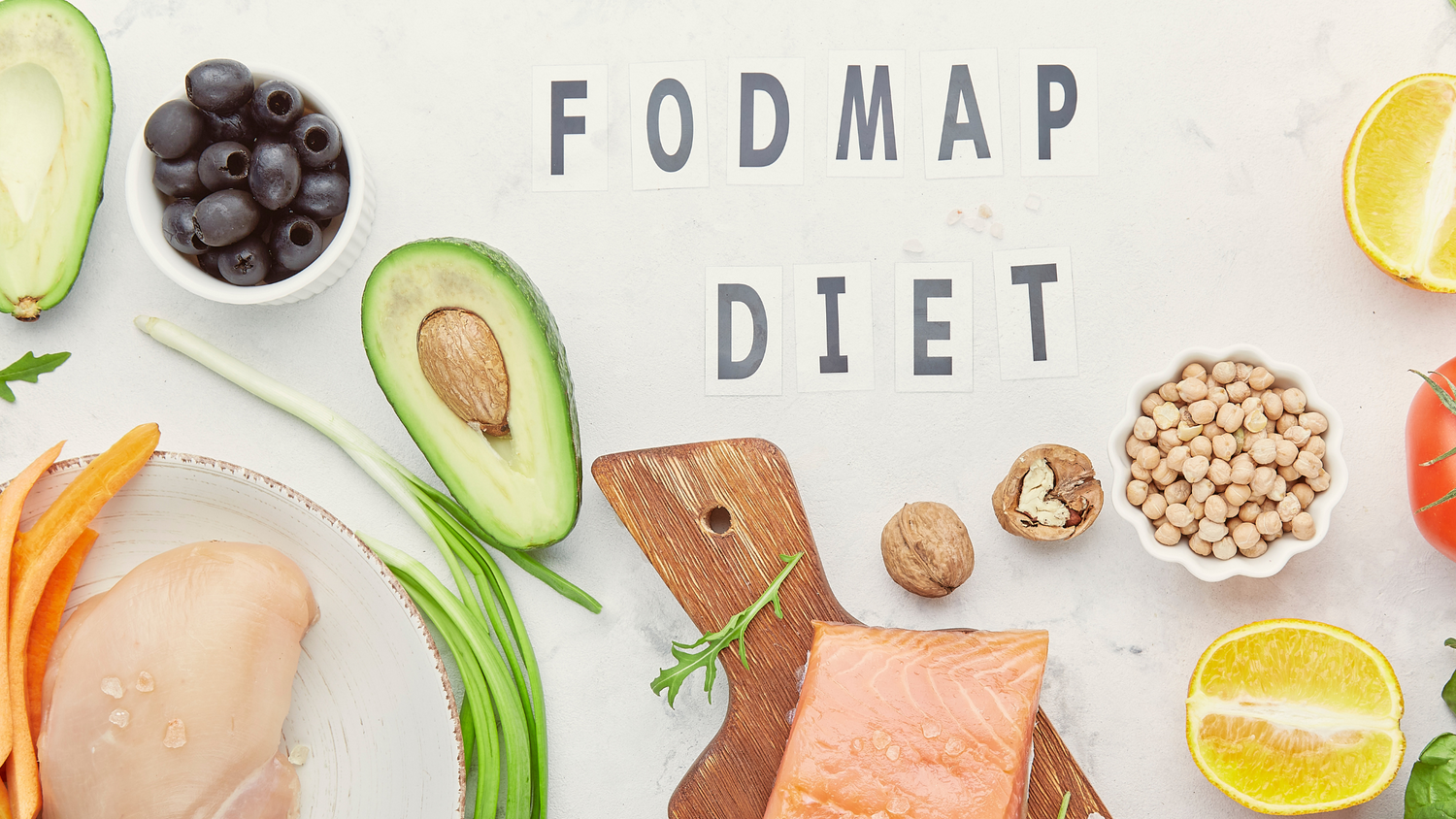

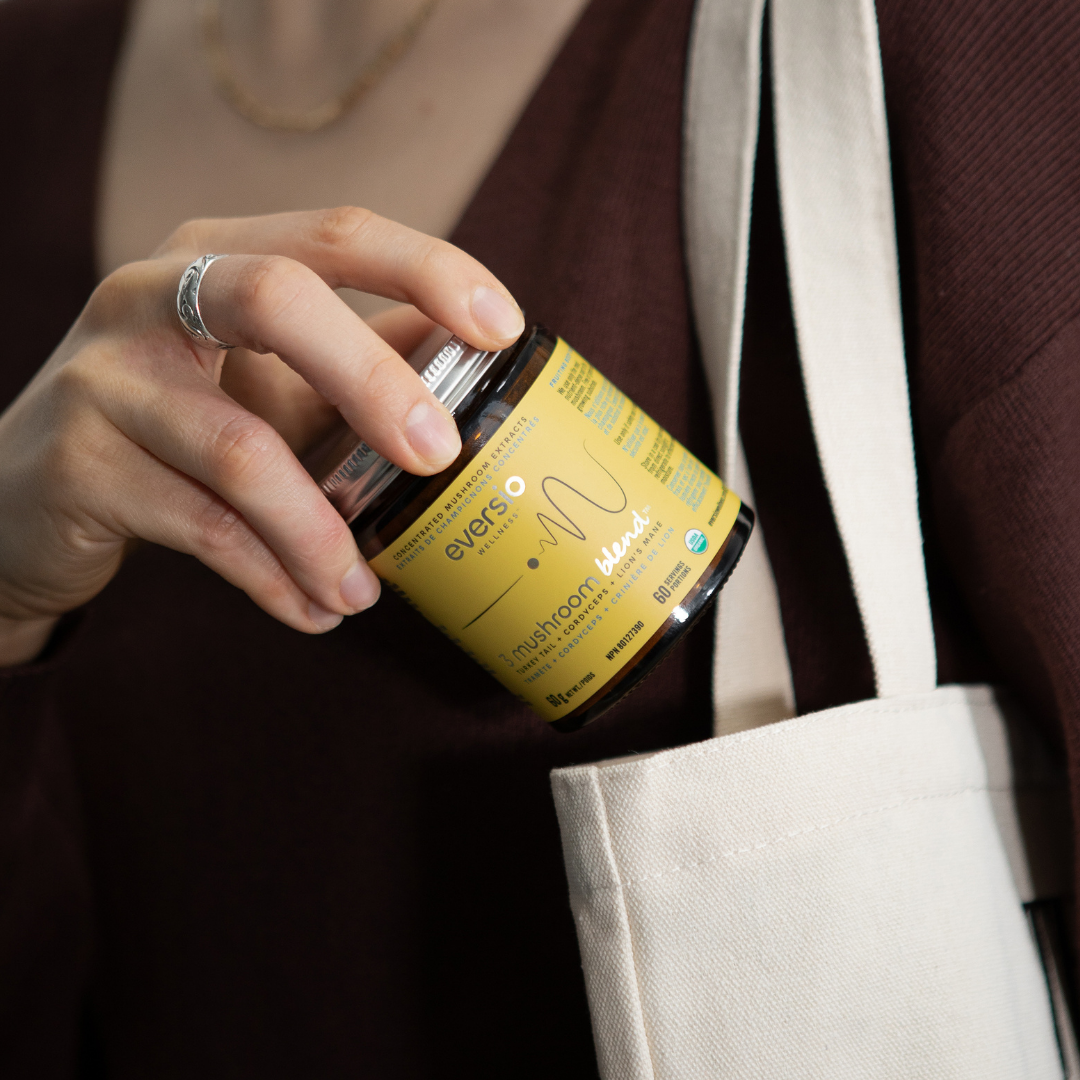

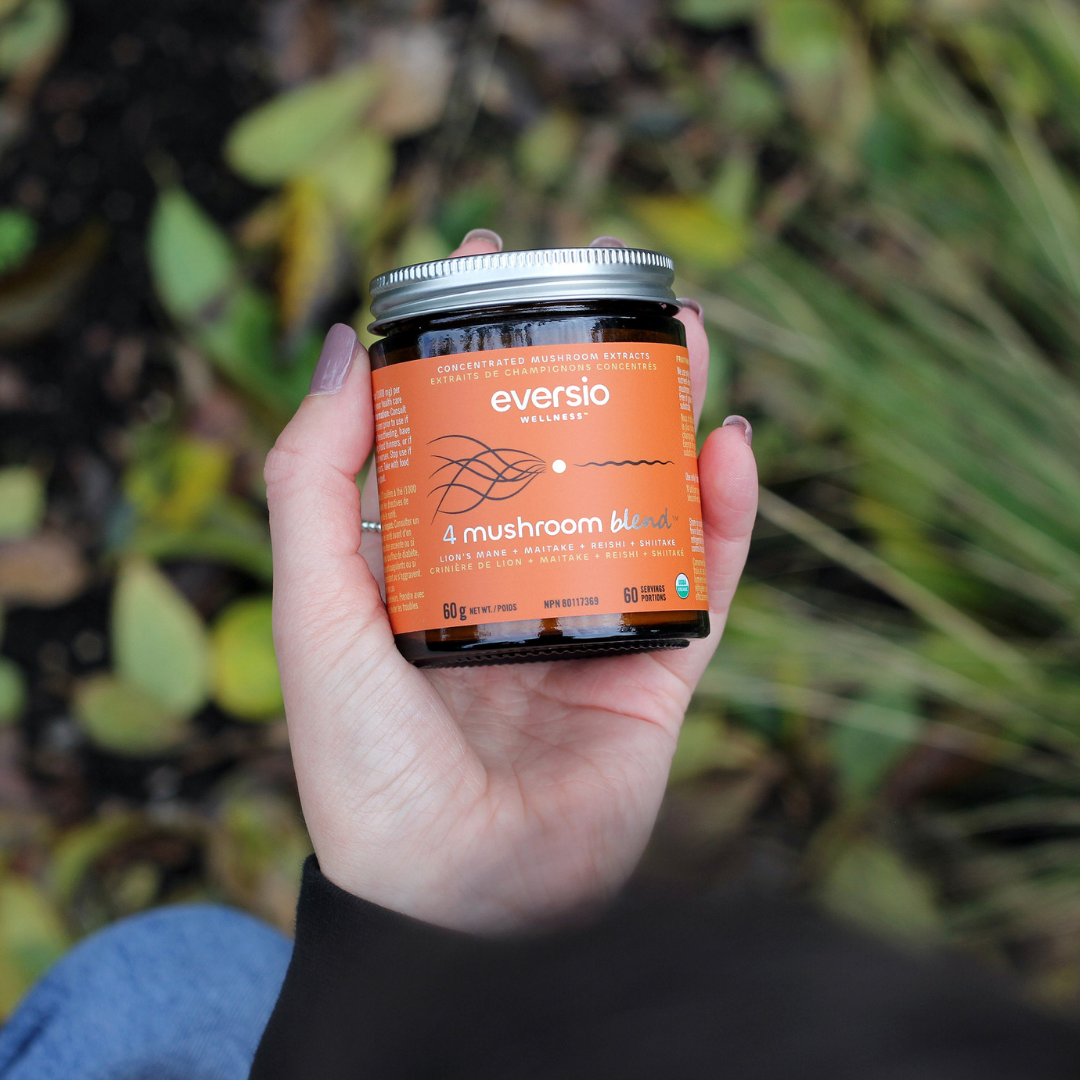

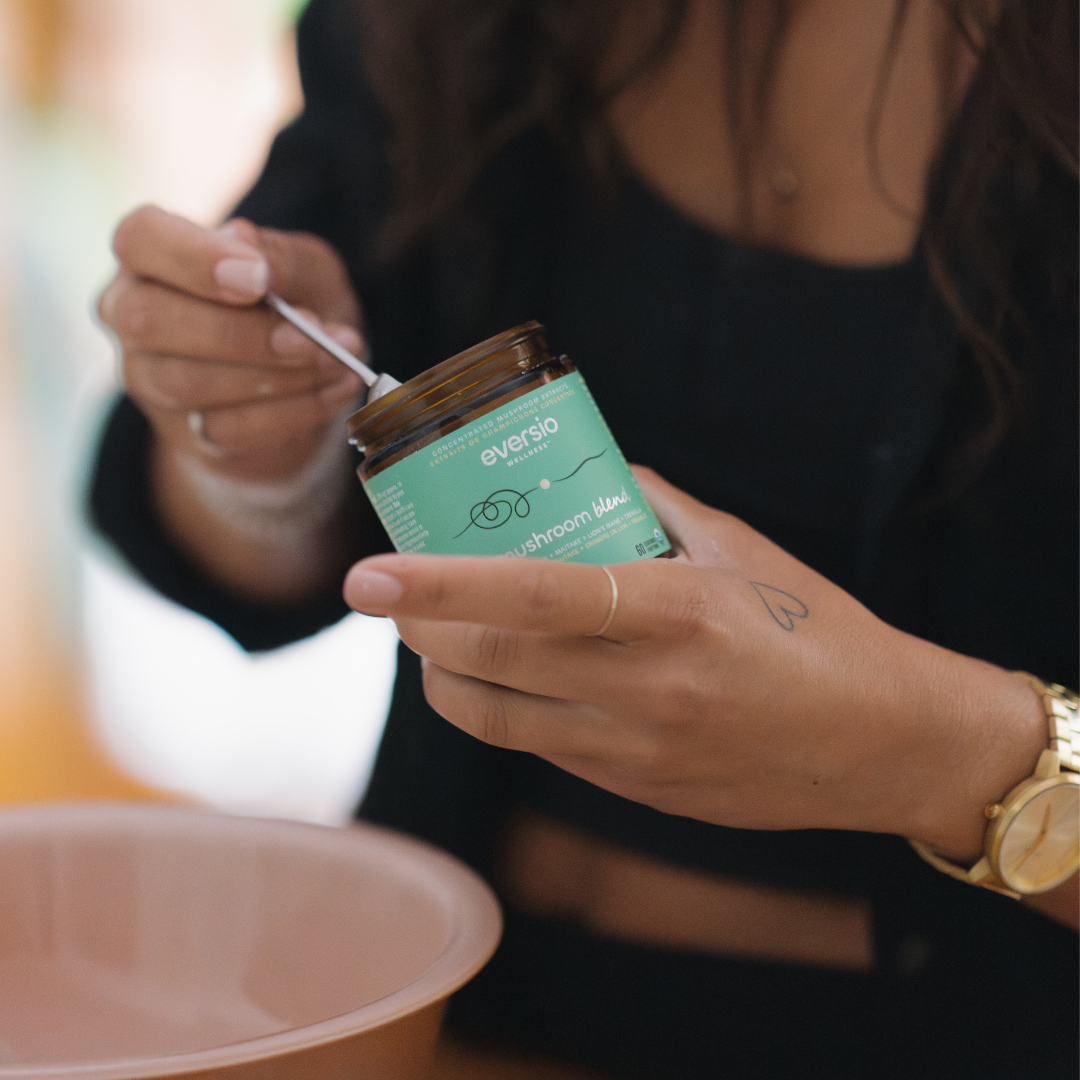

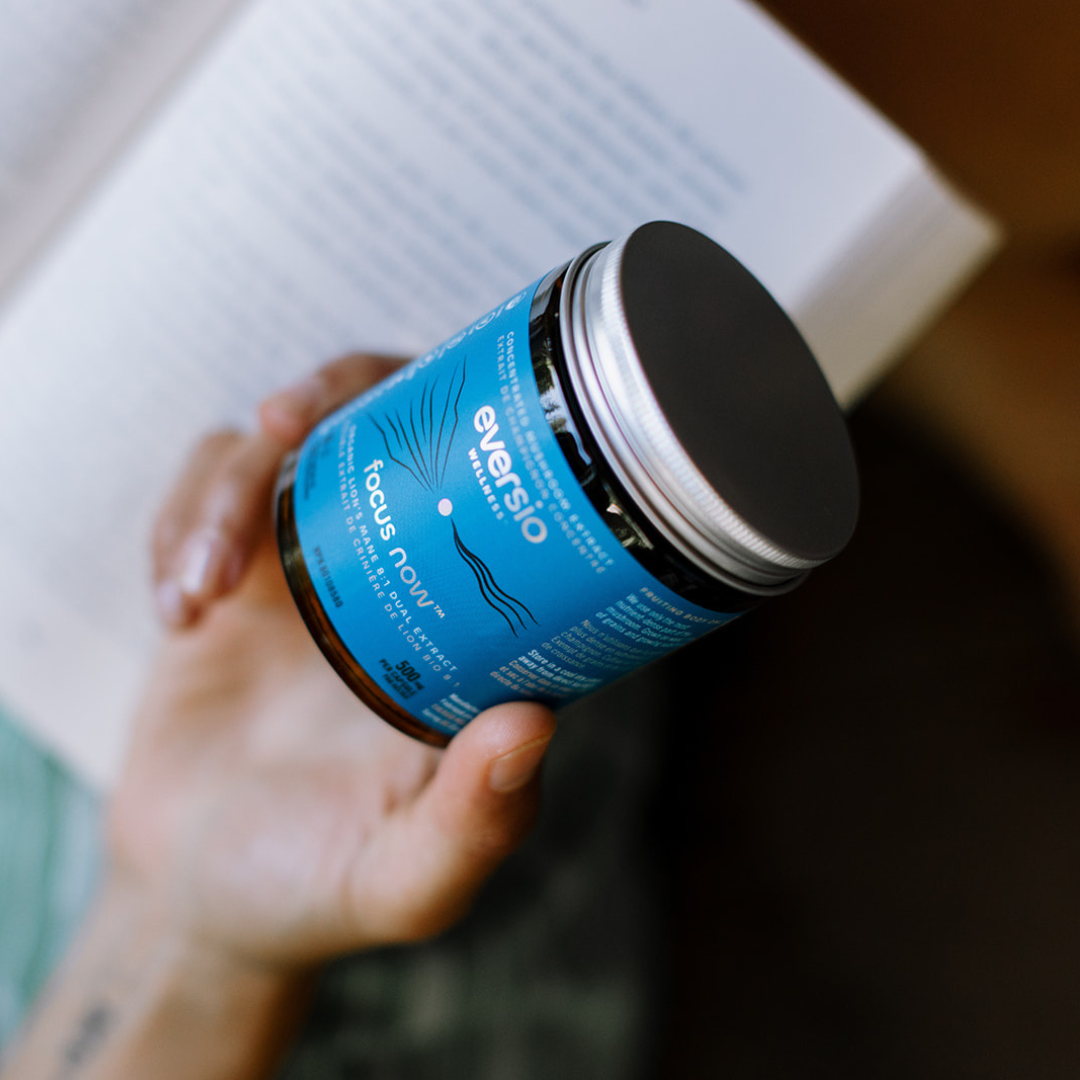

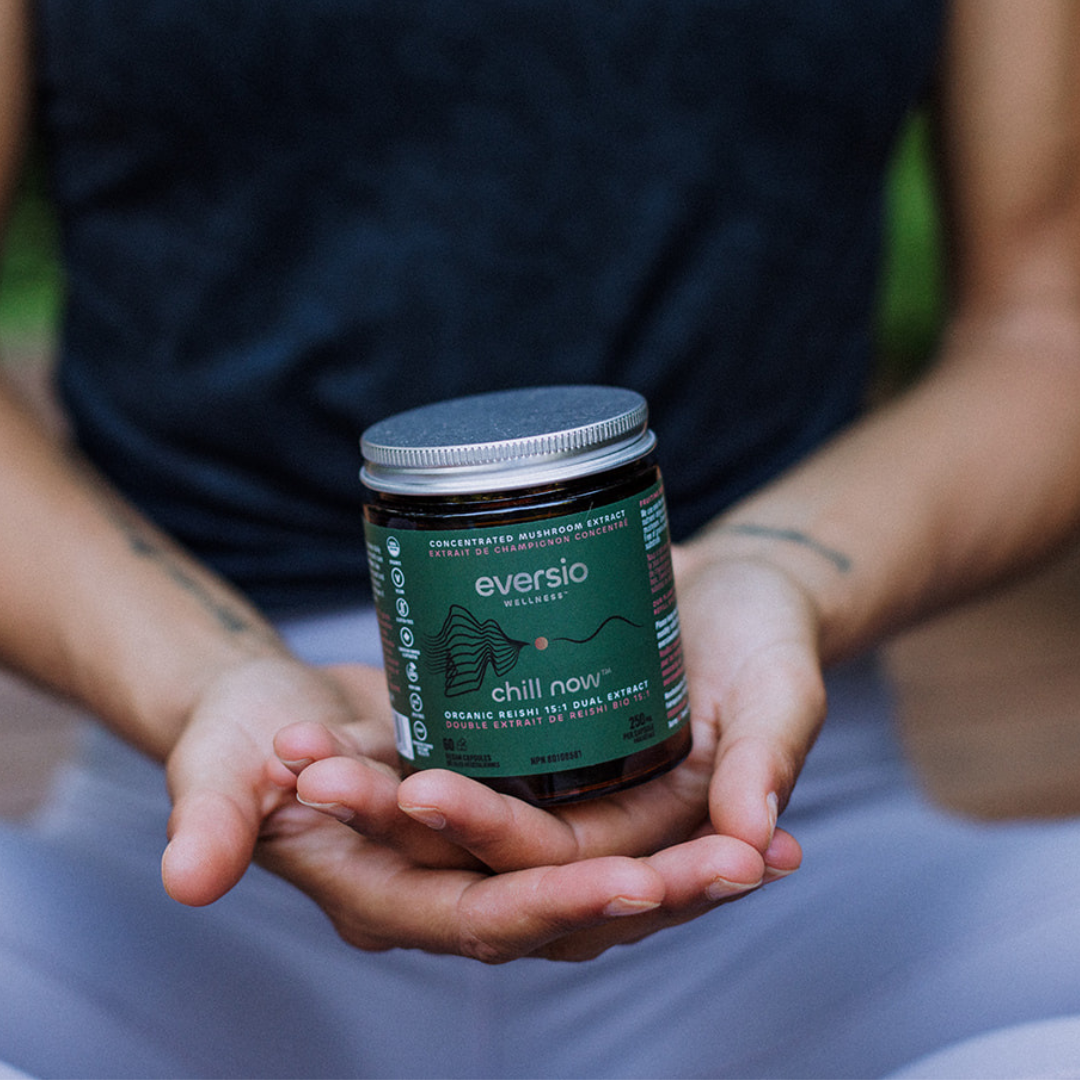
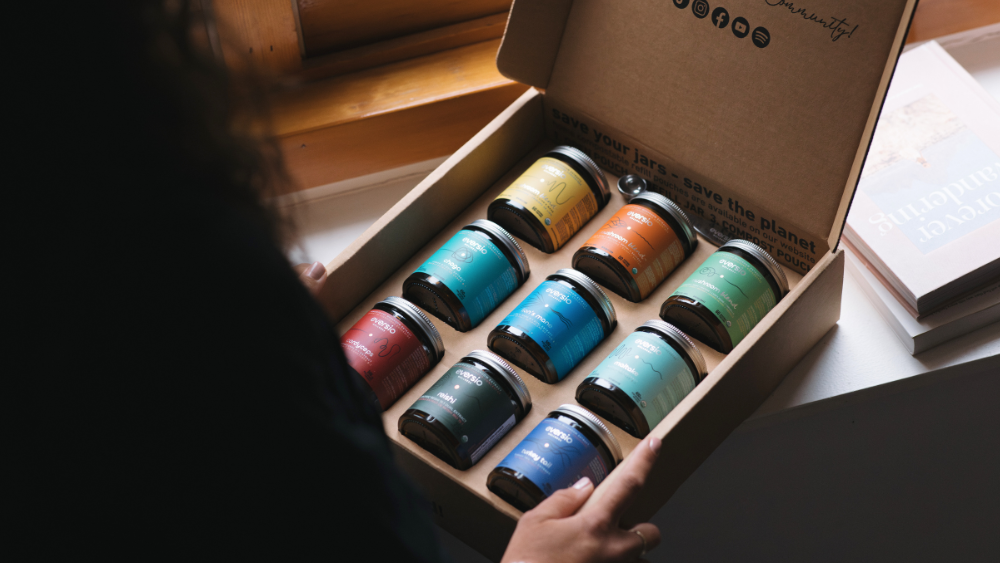







Leave a comment
All comments are moderated before being published.
This site is protected by hCaptcha and the hCaptcha Privacy Policy and Terms of Service apply.